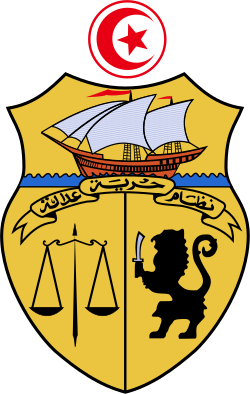You can help expand this article with text translated from the corresponding article in French. (January 2022)Click [show] for important translation instructions.
|
 |
|---|
|
The Ministry of Regional Development of Tunisia is a cabinet-level governmental agency in Tunisia. The position of Regional Development Minister leads the agency and has been held by Democratic Progressive Party leader, Ahmed Najib Chebbi, since 17 January 2011 following the 2010-2011 Tunisian Protests.